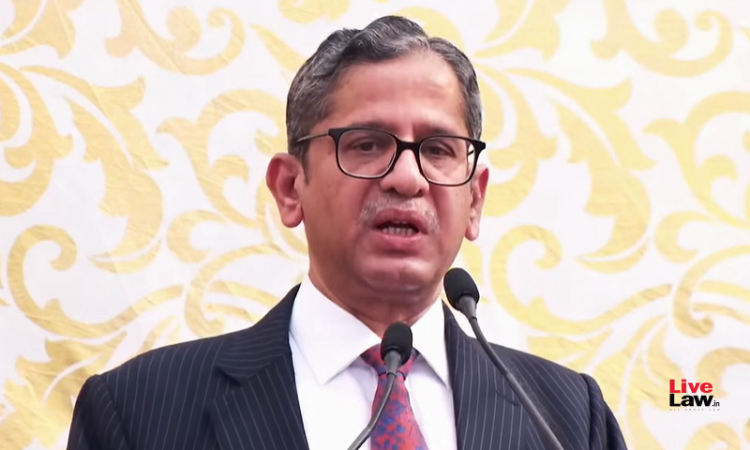Laying emphasis on hasty indiscriminate arrests and difficulty in obtaining bail, Chief Justice of India NV Ramana on Saturday said that the process which led to prolonged incarceration of undertrials needed urgent attention. "In our criminal justice system, the process is the punishment. From hasty indiscriminate arrests, to difficulty in obtaining bail, the process leading to...

